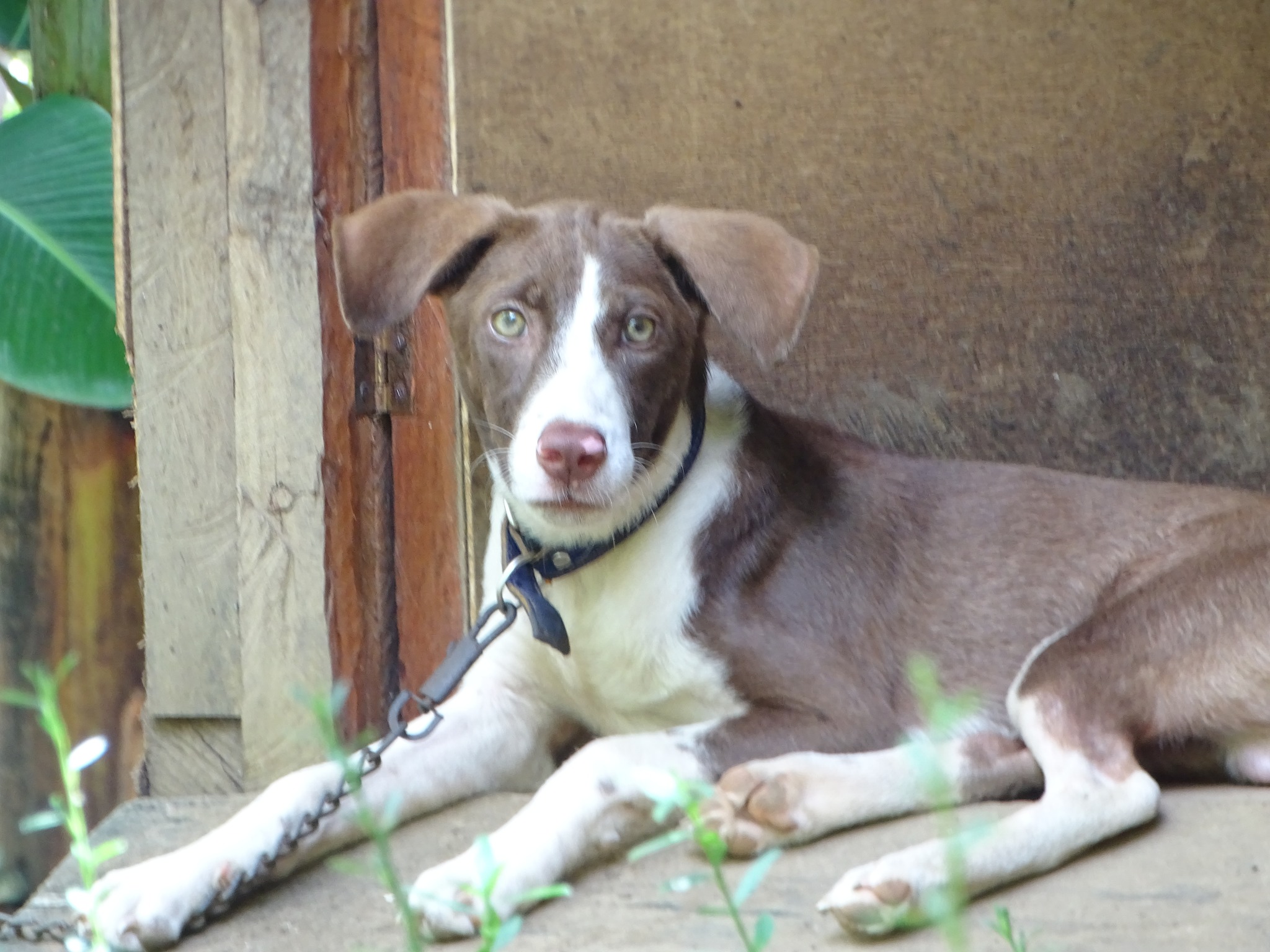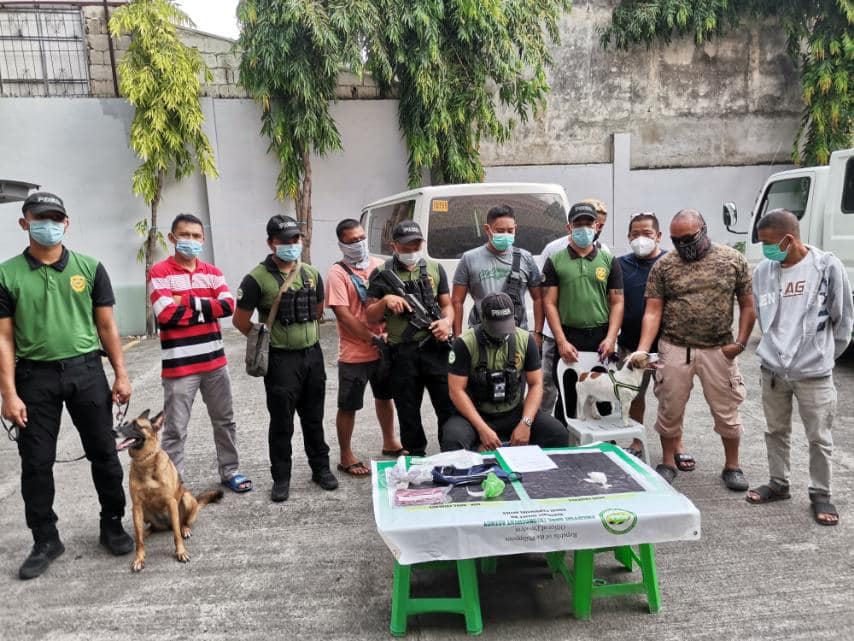TAGBILARAN CITY, Bohol, March 24 (PIA) -- The rising rabies cases among humans alarmed local health authorities who believe that drastic measures should be put in place immediately to keep the fatal canine viral disease at bay.
By drastic measures, it means a revisit and community ownership of the Bohol Rabies Prevention and Eradication Program, a rigid information and education campaign on responsible pet ownership, and government subsidies on the purchase of anti-rabies vaccines for both humans and animals.
This as Bohol reports 12 suspected deaths due to rabies and 16.5% of biting dog head samples sent for rabies confirmation tested positive.
According to Animal Rabies Monitoring Head and Provincial Veterinarian Dr. Stella Marie Lapiz, 14 dog head samples involved in the 85 biting incidents tested positive for rabies.
Provincial Health Office (PHO) through nurse and Provincial Health and Lifestyle coordinator Leonidas Saniel reported that animal bites ranked second in the rates of disease among the 2020 population while third in 2021 morbidity rate.
According to PHO Rabies in Humans coordinator nurse Polizena Rances, their monitoring records showed some 17,331 recorded animal bites in 2020, and about 90% of these are dog bites.
By 2021, they recorded 17,415 cases of animal bites.
In 2022, up to the third quarter, PHO recorded 16,425 animal bite cases with the victims seeking treatment in the 16 animal bite treatment centers (ABTC) all over Bohol.
The problem is made complicated by bite victims who would rather go to quack doctors than seek immediate medical treatment at the registered animal bite centers.
Moreover, ABTCs also reported that a good percentage of bite victims fail to continue the treatment after the initial doses.
Disease is a viral dog disease than can be passed on a human through the animal’s virus-laden saliva or blood that can get into a human body through open wounds like bites and scratches.
“After infection, the virus travels from the bite area to the brain, and in this period, the victim must be given the proper treatment to stop the virus from getting to the brain, when the disease becomes almost always fatal,” says Rances.
After the biting incident, the victim has to immediately wash the wound with soap and water and head directly to the ABTC where he can get the proper assessment and get instructions on the management of the wound and his first anti-rabies injection.
The national rabies law mandates the biting animal owners to immediately submit the biting animal for observation within 24 hours, and spend for the costs the biting victim incurs in the line of treatment and accessing it.
If within the next few days, the biting animal shows the symptoms of rabies in animals, the suspected animal’s head would be harvested for confirmatory analysis in Manila.
Depending on the gravity of the bite and its location, the patient may need succeeding booster doses of the anti-rabies injections.
In the past, an ordinance in Bohol mandates that dog owners, along with the national, provincial and municipal governments, contribute for the bite injections to make sure that a patient gets the proper treatment.
Authorities at the Provincial Veterinarians’ Office (PVO) called on dog owners to be responsible in making sure their dogs are registered, vaccinated, and kept under their control.
The PVO also said that if dog owners are incapable of having many pets, they have spaying and neutering operations to render these animals infertile so that dog population could also be controlled. (RAHC/PIA7 Bohol)






